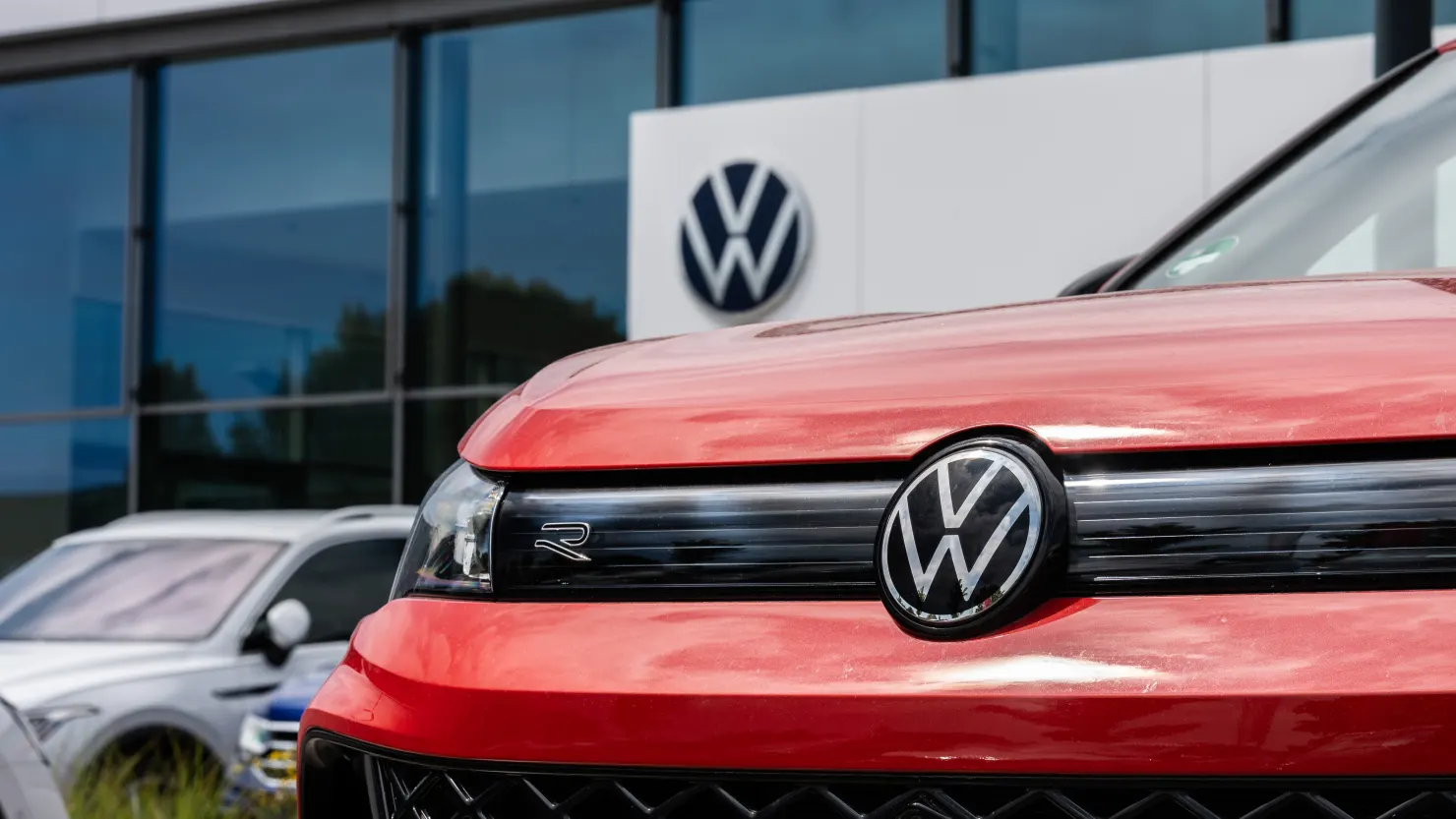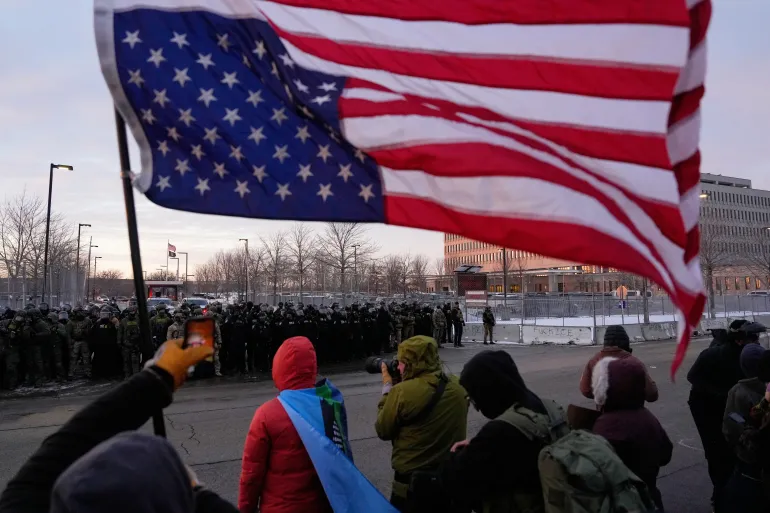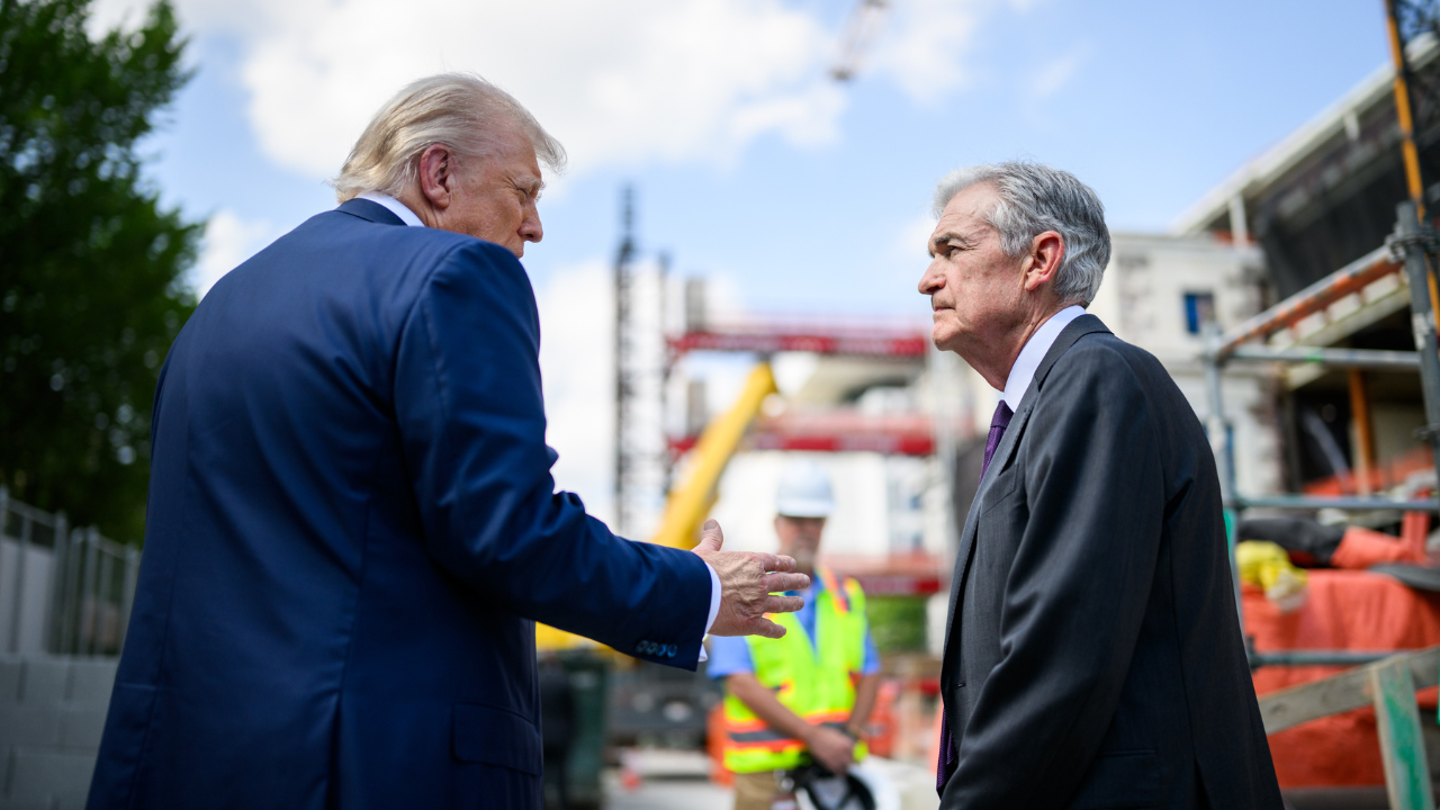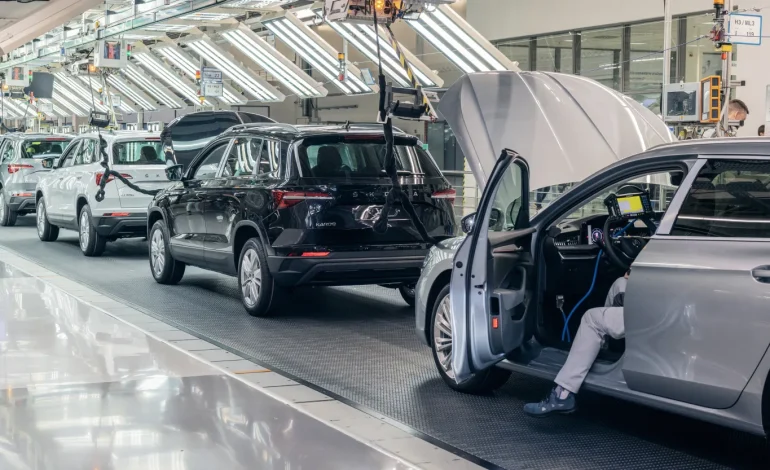US President Donald Trump’s newly imposed 25% tariffs on imported automobiles are expected to disrupt car manufacturers and suppliers across the globe, but one small European country—Slovakia—may be among the hardest hit.
Economists have raised concerns that while Germany’s car industry faces significant exposure, Slovakia’s reliance on auto exports to the US makes it particularly vulnerable to the sweeping measures.
Trump’s tariffs, which will take effect on Thursday for vehicles and on automobile parts starting in May, are part of his broader strategy to rebalance trade and reduce reliance on foreign-made products. These tariffs are in addition to the existing levies targeting the global automotive sector and are seen as a move to bolster US manufacturing.
While Germany is likely to face the largest financial impact due to the presence of major manufacturers such as Volkswagen, BMW, and Mercedes, Slovakia stands out as the country most vulnerable in terms of the total volume of exports. Known as the “Detroit of Europe,” Slovakia has built its economy around automobile manufacturing, producing more cars per capita than any other country. The industry is a vital part of the nation’s economy, and cars make up a large portion of Slovakia’s exports to the US.
In 2023, Slovakia exported nearly $4.3 billion worth of cars and car parts to the US, accounting for over 70% of its total exports to the country. As a result, the new tariffs are expected to hit hard, with the automotive sector indirectly supporting over 250,000 jobs in the small nation of 5.4 million people.
Economists at ING, Inga Fechner and Rico Luman, pointed out that while Germany’s car giants will face the brunt of the value-based impact, Slovakia is at risk of seeing a larger disruption in its export levels.
“Slovakia is particularly exposed, given its high per-capita car production and dependence on the US market,” the economists said in a research note published on March 28.
To mitigate the risk of supply chain disruptions, some companies in Slovakia, such as Volkswagen and Stellantis, may look to maintain factory operations despite the tariff burden, given that wages are relatively low compared to other European nations. However, Luman warned that shifting production to the US or redesigning supply chains could eventually become necessary if tariffs remain in place.
Slovakian officials have expressed concern, with Vladimir Vaňo, the chief economist at think tank Globsec, describing the tariffs as a “worrisome” development for the country. He noted that, in the short term, Slovakia has limited options for mitigating the effects, with reliance on the automotive sector too deeply embedded in its economy.
The shift in trade dynamics also presents a challenge for smaller suppliers who support companies like Magna, one of the largest auto suppliers in the world, which operates numerous plants across North America. These smaller suppliers may struggle to absorb the increased costs from the tariffs, putting additional strain on the broader supply chain.
With the global automotive industry grappling with the immediate effects of these tariffs, companies may begin to reconsider their long-term production strategies. For Slovakia, the imposition of US tariffs represents a critical juncture for its automotive sector, which may need to adapt quickly to remain competitive in the shifting global market.










The latest news in your social feeds
Subscribe to our social media platforms to stay tuned